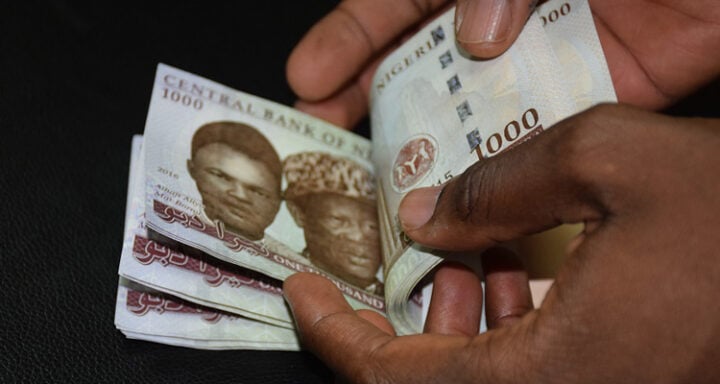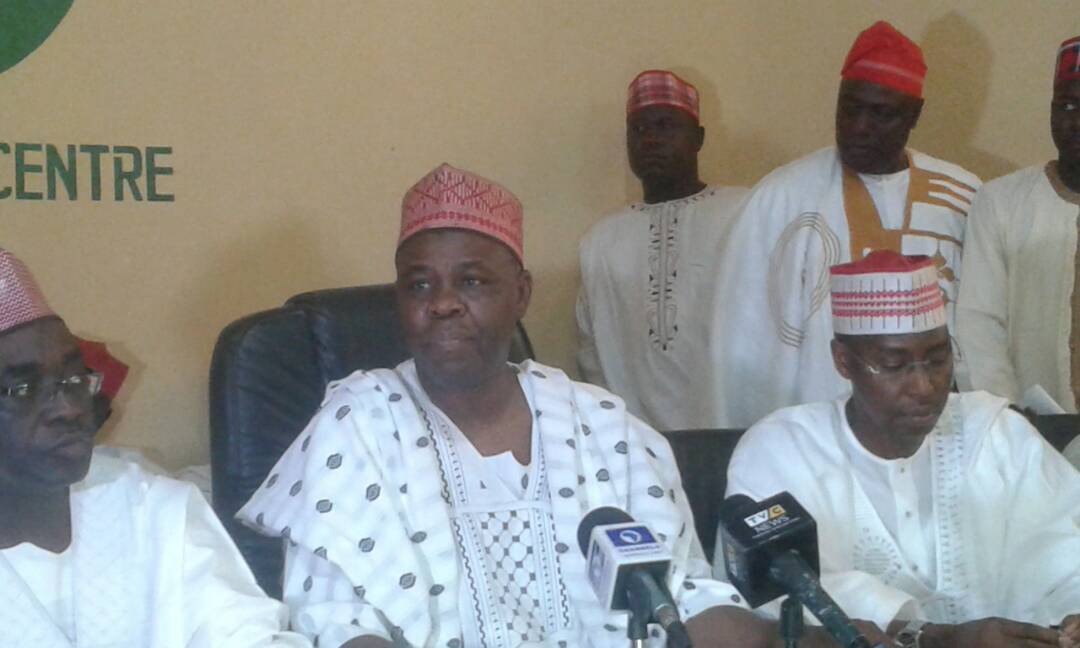Analysts and market-watchers were, in no doubt, shocked when the monetary policy committee of the Central Bank of Nigeria announced its decision to cut interest rate by 0.5% on Tuesday.
After keeping the monetary policy rate at 14% for two years, the committee said it was time to signal a new direction that would be “pro-growth”.
While some analysts have said the rate cut might not affect lending, data suggests it could positively impact the naira.
Commenting on the naira’s stability since the announcement, Lukman Otunuga, a research analyst at FXTM, said: “The Naira continues to experience stability despite an unexpected rate cut from the Central Bank of Nigeria earlier this week.
Advertisement
“This is highly encouraging and suggests that the currency has scope to appreciate if macroeconomic conditions in Nigeria stabilize further. With the jump in Brent Oil prices boosting government revenues and pushing foreign exchange reserves to $44 billion, the CBN has ammunition to defend the currency.”
Egypt and Ghana’s central banks had also reduced their main interest rates earlier in 2019 and while the Egyptian pound has gained strength, the same cannot be said for the Ghanaian cedi.
Bloomberg analysts predict that the naira could also gain strength like its Egyptian counterpart.
Advertisement
Here are some of the factors that are likely to support the naira:
Stable oil prices
Crude oil prices have been stable thanks to an agreement reached by the Organisation of Petroleum Exporting Countries (OPEC) and non-cartel members. With stability expected to stretch into the third quarter, the country will have a steady stream of foreign exchange through crude oil export.
Steady inflows
Advertisement
Since President Muhammadu Buhari was announced winner of the presidential election that held in February, the Nigerian fixed-income market has recorded an inflow of $6 billion.
The administration is also expected to continue its trend of issuing foreign debt instruments to finance the budget and courting foreign investors to ensure that different segments of the economy continue to receive inflows.
Rising foreign reserves
With the nations foreign reserves at $44 billion, its highest since September, the CBN have enough to defend the naira if need be.
Advertisement
The apex bank has been ensuring a continuous supply in the market with weekly interventions to various segments of the market and has also created an Investors and Exporters window to ensure that forex needs are met.
The bank has also restricted banks from making forex available to importers of 42 items to boost local production. With the promise of adding more items to the list, the CBN would not only encourage local production and its eventual export leading to income, but it would also conserve forex.
Advertisement
Add a comment







